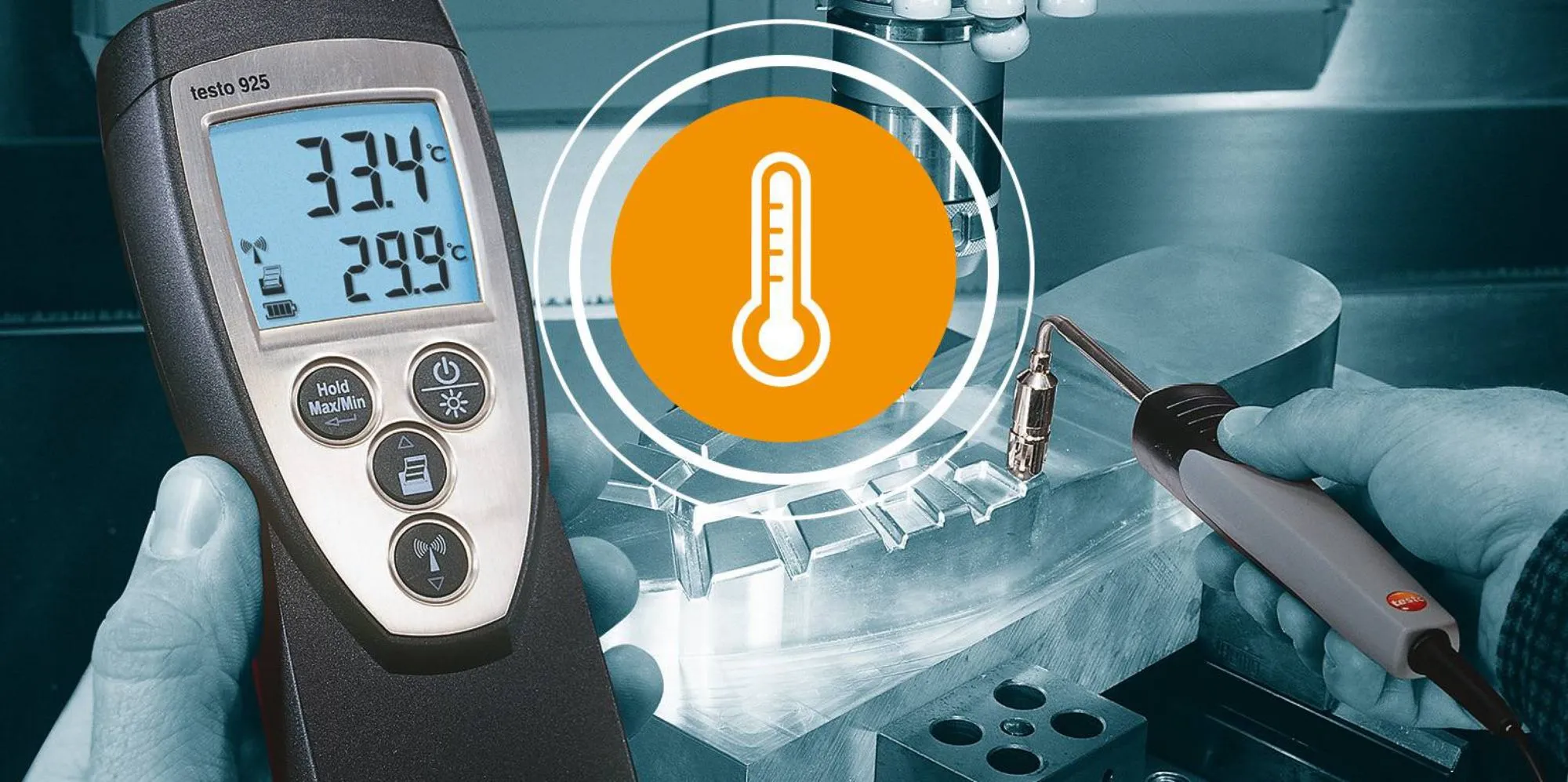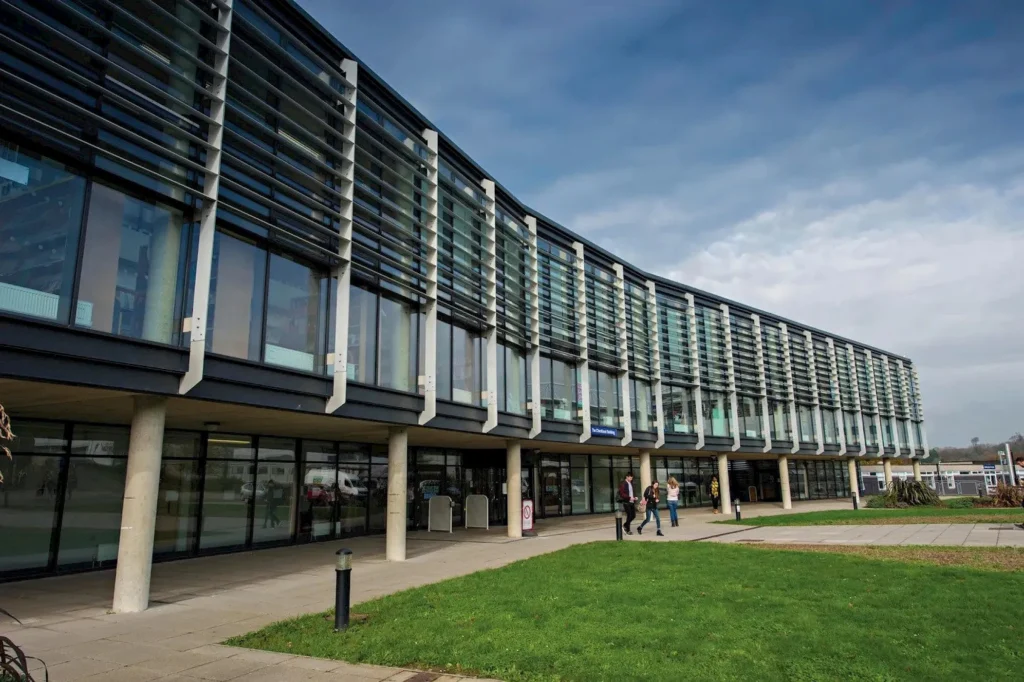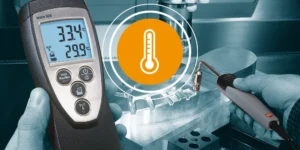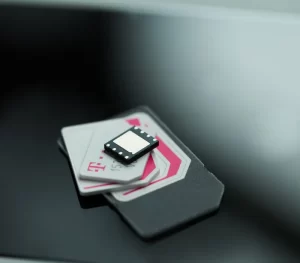Electronic Temperature Instruments University of Brighton: Pioneering the Future of Precision Measurement
Modern innovation depends on accurate temperature measurement systems which serve both in vaccine effectiveness assessments and climate monitoring operations. The...

Modern innovation depends on accurate temperature measurement systems which serve both in vaccine effectiveness assessments and climate monitoring operations. The University of Brighton leads the world in electronic temperature instrumentation advancement through research and education programs and strategic partnerships. The research at University of Brighton regarding electronic temperature instruments has transformed industry sectors while fostering sustainable initiatives and exploring new scientific possibilities.
The Evolution of Electronic Temperature Instruments
Electronic temperature instruments that consist of sensors together with microprocessors and data analytic software have seen significant development since the days of analog instrumentation. Intellectual leadership from the University of Brighton guided the development process that transitioned basic thermocouples into advanced IoT systems. The electronic temperature instruments University of Brighton hub employs nanomaterials and machine learning to transform instrument precision which now enables real-time monitoring in industrial furnaces and deep-space flight conditions.
Read More : Global Technologies Racing and the University of Brighton
Why the University of Brighton Stands Out
A combination of advanced infrastructure and visionary expertise distinguishes the University of Brighton team in electronic temperature instruments development. University students conduct sensor innovation research at the Advanced Engineering Centre through which Dr. Sarah Collins leads developments for extreme environment solutions using self-calibrating thermistors. Through collaborations with institutions that include the European Space Agency the University of Brighton secures its position as an electronic temperature instrument breakthrough leader.
The advancement research at the University
The University of Brighton built electronic temperature instruments that function in the ESA’s Mars rover offer -120°C resistance to ensure successful planetary exploration at Mars’s severe conditions.
- Research teams at the healthcare facility created healthcare technology to track fetal temperature patterns which transformed early maternal medical evaluation standards.
- Climate science researchers use portable sensors in Arctic regions to observe permafrost thaw which supplies essential facts needed for climate modeling.
- University of Brighton makes strategic use of electronic temperature instruments to address worldwide problems through every project it conducts.
Academic Programs: Bridging Theory and Practice
At the University of Brighton students learn through programs such as MSc Electronic Engineering and BEng Instrumentation Design. Students experiment with IoT sensor designs for the food supply chain through laboratory-based work and gain practical experience through internships conducted at NHS locations and affiliated with Siemens. Excellent University of Brighton alumni like alumna Priya Mehta use their education to become innovators through her work at Rolls-Royce leading thermal management projects.
Industry Impact: Solving Real-World Problems
Members of the University of Brighton development team invented exact temperature measurement equipment which enhances efficiency during mRNA vaccine distribution worldwide.
- Boeing collaborates with the institution to design thermal control systems which regulate satellites during missions.
- Agriculture benefits from smart sensors which analyze soil temperature thus enhancing partnership with AgriTech startups.
- The applications showcase how University of Brighton functions as an industry development center.

Sustainability: Innovation with a Conscience
Temperatures University of Brighton University operates under a continuous objective of sustainability in electronic instrument development. Research teams created two products which consist of solar-powered sensors for wildlife reserves and low-energy smart building devices. The UN joined forces with researchers to deploy environmentally friendly ocean temperature sensors that support both technological progress and earth conservation targets.
Alumni: Leaders in Global Innovation
Graduates of the University of Brighton’s programs lead transformative work worldwide. Right after graduating from the university Dr. Evan Turner created WHO-approved fever screening systems for the COVID-19 pandemic and engineer Maria Lopez contributes to NASA’s Europa Clipper mission. Their successes trace back to the electronic temperature instruments University of Brighton curriculum’s blend of creativity and technical rigor.
The Future: AI, Nanotech, and Beyond
The University of Brighton brings existing research innovations to establish the transformative technologies of tomorrow. Researchers at the institution develop AI sensors which anticipate equipment breakdowns in factories and produce nanometer-scale thermometry devices for cancer treatment applications. The electronic temperature instruments University of Brighton pipeline will deliver greater accuracy and scalable measurements because it adopts quantum sensing approaches.
Conclusion
Electronic temperature instruments developed by the University of Brighton function as indicators for developmental advances throughout healthcare and sustainability as well as space exploration. The university continues to shine as a forefront of innovations while industries intensify their requirements for more accurate and efficient technologies. Studying at the University of Brighton facilitates your entry into a succession of groundbreaking discoveries accessible to all students and researchers and industry experts.
Key Takeaways
- University of Brighton leads with its electronic temperature instruments team in aerospace and medical and environmental technology sectors.
- The alumni community from the University makes meaningful contributions to NASA, WHO and Siemens and other organizations.
- Sustainable design principles underpin all research and development.
Read More : Servomex University of Brighton
FAQs
1. Q: Where can I find Electronic temperature instruments university of Brighton review?
A: Reviews for Electronic temperature instruments used in University of Brighton programs can be found on the university’s engineering department pages, student forums, or lab equipment provider websites.
2. Q: Does the University of Brighton offer Electrical Engineering programs?
A: Yes, the University of Brighton electrical Engineering department provides undergraduate and postgraduate courses, focusing on practical skills and industry-standard technology.
3. Q: What is the University of Brighton address?
A: The University of Brighton has multiple campuses; the main administrative address is Mithras House, Lewes Road, Brighton, BN2 4AT, United Kingdom.
4. Q: Is Computer Engineering available at the University of Brighton?
A: Yes, the University of Brighton Computer Engineering courses cover topics like embedded systems, software development, and hardware design. Check their website for specific modules.
5. Q: How is the University of Brighton Mechanical engineering program?
A: The University of Brighton Mechanical Engineering program is accredited and emphasizes hands-on learning, with facilities like advanced labs and industry partnerships.
6. Q: What is the distance from the University of Brighton to London?
A: The University of Brighton to London journey takes approximately 1 hour by train, with direct services from Brighton Station to London Victoria or London Bridge.
7. Q: What courses does the University of Brighton offer?
A: The University of Brighton courses span engineering, arts, health, business, and sciences. Popular options include Electrical, Mechanical, and Computer Engineering.
8. Q: Is Brighton Polytechnic related to the University of Brighton?
A: Yes, Brighton Polytechnic was the former name of the University of Brighton before it gained university status in 1992.







